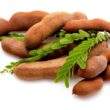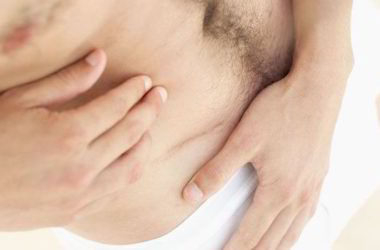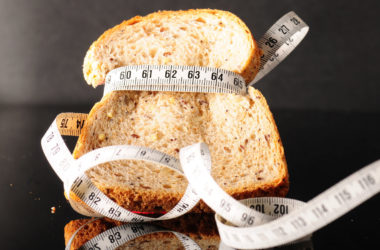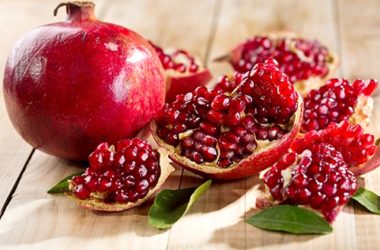One of the most embarrassing health problems known to man is piles. Also known as hemorrhoids, the condition is in fact quite common. Experts say that about half of the US population suffers from piles. And here’s one more fact that may leave you feeling more comfortable: majority of the cases of piles are non-life threatening and go away on their own.
Piles can either be internal or external. Most of the time, internal hemorrhoids do not come with pain. The only telltale sign that they are there is the bleeding when you move the bowels. It is possible for internal piles to protrude outside the anus. In case they fail to go back on their own, they may be pushed back in with the finger.
External hemorrhoids are the painful kinds of piles. They can cause discomfort while you’re defecating, and it is possible for them to develop blood clots. When that happens, the appearance of hemorrhoids can be quite alarming as they tend to appear purple or blue, and they tend to bleed too. Despite of this, external hemorrhoids are rarely dangerous.
Causes and Symptoms of Piles
The fact is anyone at any age can suffer from piles. However, the condition is more common among the elderly and women who are on the family way. Experts are not really sure what causes piles exactly. They believe that it could be hereditary in nature. It is also said that the condition may be due to increased pressure in the abdominal area brought about by obesity, pregnancy, prolonged sitting down or standing up, and straining while doing physical labor or on the toilet.
Here are some of the common symptoms of piles:
- Blood due to piles tend to be bright red. It may streak the stool or the toilet paper you use.
- Pain or tenderness. While moving the bowels, discomfort is very likely to be experienced.
- Lump near the anus. External piles may be seen or felt outside the anus.
- Itchiness and discharge. Piles may also leave you with anal itching as well as mucous discharge.
It’s important to note that you should consult your doctor when rectal bleeding is noticed — even if you’re sure that it’s just piles. That’s because rectal bleeding can be caused by a few other conditions which are actually dangerous. Some of them include colorectal cancer, Crohn’s disease, anal fissures, colitis, colon polyps and colorectal cancer.
Medical Treatments for Piles
The intake of painkillers helps in minimizing the discomfort caused by the condition. It’s not unlikely for laxatives or stool softeners to be prescribed to make bowel movement less painful. There are also ointments, creams and suppositories a doctor may recommend that help deal with the inflammation.
In case the symptoms persist, the injection of a certain solution directly into the lump may help put an end to piles. Banding, cauterization and surgery (hemorrhoidectomy) are effective medical treatments for piles.
Natural Remedies for Piles
If you wish to skip undergoing the knife, there are a few home remedies that you may try.
- Wrap an ice cube in a soft piece of cloth and gently apply on the affected area. Doing this will provide instant relief from pain. Icing also helps reduce inflammation, thus making the problem go away on its own in no time.
- Aloe vera. The gel inside the leaves of the aloe vera plant is valued for its powerful antibacterial as well as anti-inflammatory properties. Directly applying this gel onto external piles can work wonders. If you are suffering from internal piles, cut aloe vera leaves into small strips, making sure that you remove the thorny parts. Stash them in the freezer. Once frozen, grab one and administer just like a suppository.
- Olive oil. Consuming a tablespoon of olive oil daily helps make the passing of stool more comfortable. In addition, olive oil also helps decrease inflammation as well as improves the elasticity of blood vessels, keeping piles at bay.
- Almond oil. You may choose to apply pure almond oil directly onto the piles using a cotton ball. Doing this helps ease the pain and swelling. Almond oil also provides relief from anal itching that usually accompanies piles.
- Lemon juice. Whether applied topically or taken by mouth, lemon juice helps in treating piles. Use a cotton ball to daub freshly squeezed lemon juice onto the lumps. You may feel some stinging but this will soon go away. You may also drink lemon juice regularly to strengthen the walls of your blood vessels.
- High-fiber diet. The consumption of foods packed with fiber helps prevent constipation, something which may cause or aggravate piles. Including plenty of fresh fruits and vegetables in your daily diet helps make living with piles more comfortable and bearable.














